|
|
|
|
Nau mai haere mai — and welcome to this week’s newsletter, albeit a day late due to technical issues. Apologies!
This month, New Zealanders have a chance to submit their views on two significant government proposals: how to cut emissions and how to reduce waste. In both cases, the government wants New Zealand to shift to a circular economy but, as Hannah Blumhardt argues, its plans are too fragmented and it should establish a dedicated agency to champion a low-waste, low-emissions future.
And speaking of emissions, on the eve of the COP26 summit in Glasgow, climate change minister James Shaw announced New Zealand’s raised pledge to cut greenhouse gas emissions to 50% of the country’s 2005 levels by 2030 — and then added that we should be doing a lot more, but risk not being able to deliver if we committed to a stronger target.
As Massey University’s Robert McLachlan writes, the new pledge is a step up on the old, but amounts to less than 50% in real terms and relies on New Zealand purchasing carbon credits overseas. Only about a third of the pledged emissions cuts will come from within New Zealand.
The transport sector accounts for 47% of New Zealand’s carbon dioxide emissions and electrification is the main strategy to decarbonise it. But Soheil Mohseni, Alan Brent and James Hinkley, all at Te Herenga Waka — Victoria University of Wellington, argue New Zealand should consider more than battery-run electric vehicles and invest in green hydrogen for heavy-duty long-haul transport.
As always, you’ll find more to read here and on our home page. Many thanks for your ongoing readership. Take care and all the best, mā te wā.
|

|
Veronika Meduna
New Zealand Editor: Science, Health + Environment
|
|
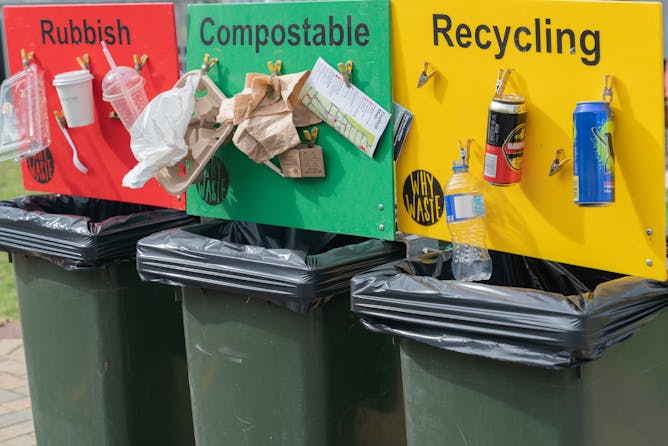
Shutterstock/Brian Scantlebury
Hannah Blumhardt, Te Herenga Waka — Victoria University of Wellington
New Zealand plans to shift to a circular economy but planning is split between agencies, is inconsistent and and contradictory, and it perpetuates a business-as-usual approach.
|
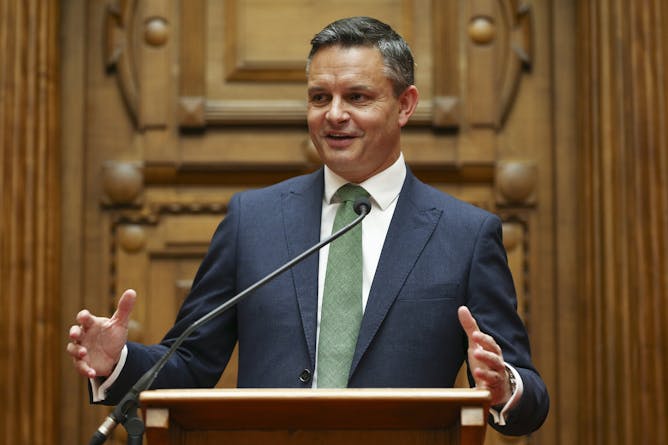
Hagen Hopkins/Getty Images
Robert McLachlan, Massey University
New Zealand has announced a more ambitious pledge to cut emissions, but the commitment relies on buying credits from offshore. There is no system for doing this yet, or for ensuring genuine cuts.
|

Shutterstock
Lorna Piatti-Farnell, Auckland University of Technology
Part of the Christian tradition of Allhallowtide, All Souls’ Day – or the Day of the Dead – takes on special meaning as COVID changes the way we think about life and death.
|
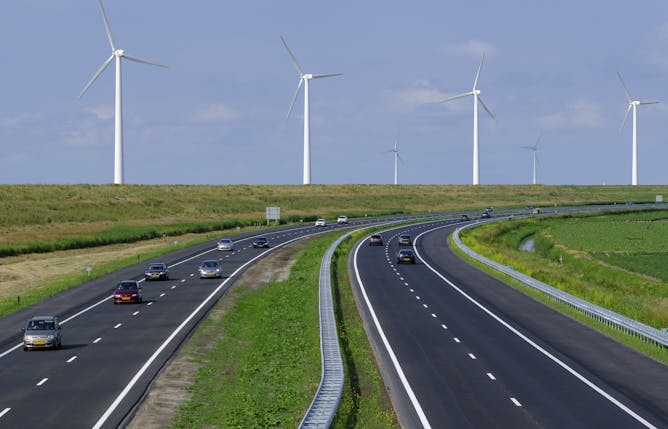
Thierry Monasse/Getty Images
Soheil Mohseni, Te Herenga Waka — Victoria University of Wellington; Alan Brent, Te Herenga Waka — Victoria University of Wellington; James Hinkley, Te Herenga Waka — Victoria University of Wellington
Battery electric cars are an ideal choice for light-duty and shorter commutes, but for long-haul trucks or buses, hydrogen fuel cells offer higher loads, shorter refuelling times and a longer range.
|
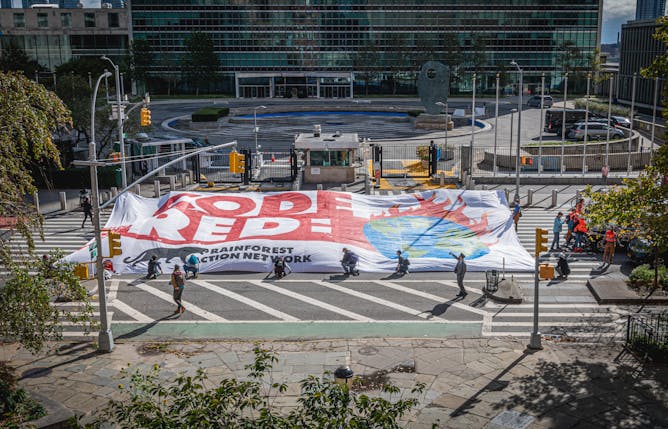
Erik McGregor/LightRocket via Getty Images
Nathan Cooper, University of Waikato
Pacific nations look to New Zealand for climate leadership. It has enshrined carbon neutrality by 2050 and a 1.5℃ target in law, but, so far, emissions have continued to rise.
|
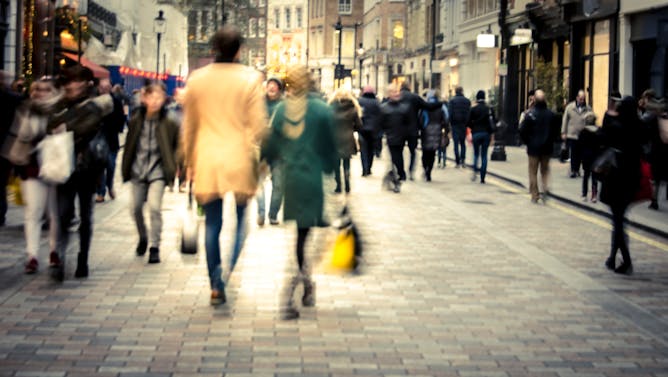
Shutterstock
Amanda Spry, RMIT University; Bernardo Figueiredo, RMIT University; Jessica Vredenburg, Auckland University of Technology; Joya Kemper, University of Auckland; Lauren Gurrieri, RMIT University
Being an ethical brand can be a complex and often slow process. But with authenticity and the right leadership it can work.
|
From our international editions
|
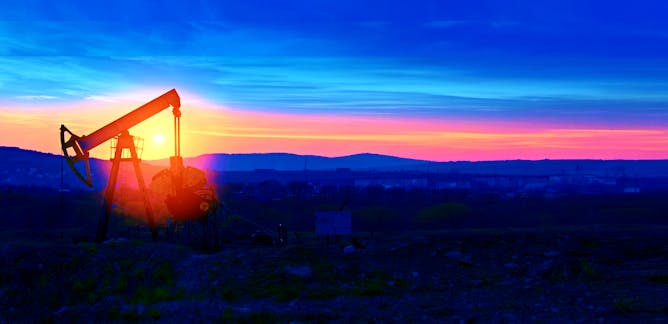
Peter Martin, Crawford School of Public Policy, Australian National University
A carbon tariff is a carbon tax applied to exports from countries such as Australian that don’t have one. Europe is planning to impose one.
| |

Donald Angstetra, Bond University
The quality of grit – passion and sustained persistence – is a useful predictor of burnout and exhaustion for doctors and maybe the rest of us too.
|
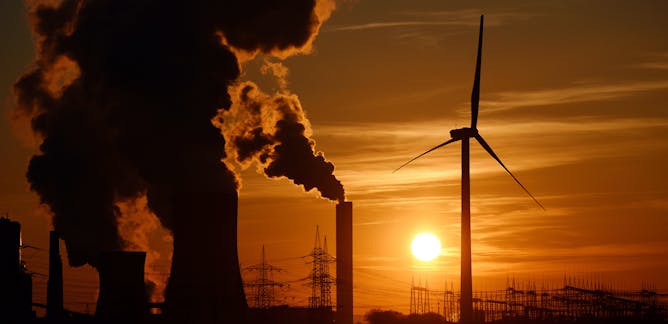
Dolf Gielen, Colorado School of Mines; Morgan Bazilian, Colorado School of Mines
Six priorities could deliver energy breakthroughs at the Glasgow climate summit. The Biden administration just announced one, involving methane.
| |

Ethan Zuckerman, University of Massachusetts Amherst
Not knowing how many posts people see on social media overall or where specific types of content get concentrated is keeping researchers in the dark about misinformation.
|

Mary L. Rigdon, University of Arizona
Some suggest women’s lack of competitiveness relative to men is one reason for the persistent gap between how much men and women earn.
| |
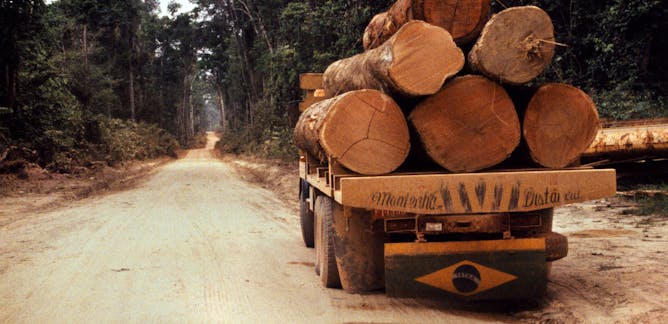
Julia P G Jones, Bangor University
World leaders are slowly learning from decades of failure on tropical forest conservation.
|
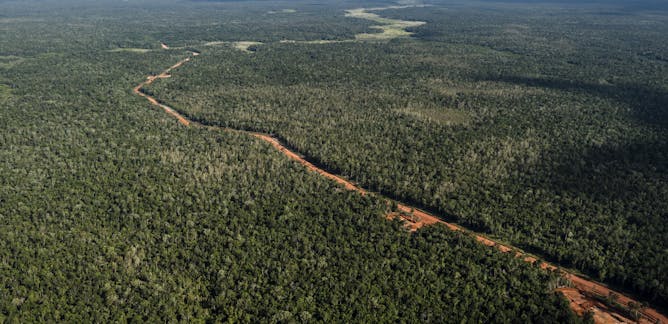
David Gaveau, International Union for the Conservation of Nature; Douglas Sheil, Wageningen University
Many are concerned that the highway is being built to benefit powerful commercial interests and not Indigenous people and will accelerate forest loss as seen in Sumatra and Kalimantan.
| |
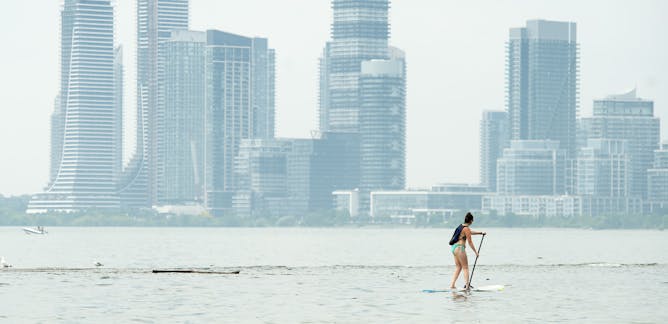
John Hartig, University of Windsor; Patrícia Galvão Ferreira, University of Windsor; Robert Michael McKay, University of Windsor
Shoreline communities are already faltering under the weight of billions of dollars in damages — and worrying that climate change will continue to make things even worse.
|
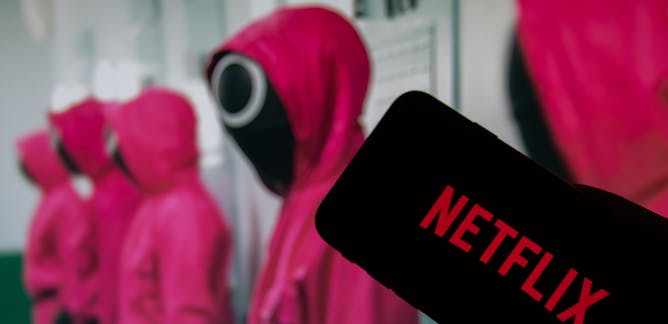
Elaine Chang, University of Guelph
The unanticipated popularity of the Korean show ‘Squid Game’ highlights our relationship to debt and capitalism, but the contradictions extend beyond the show itself.
| |
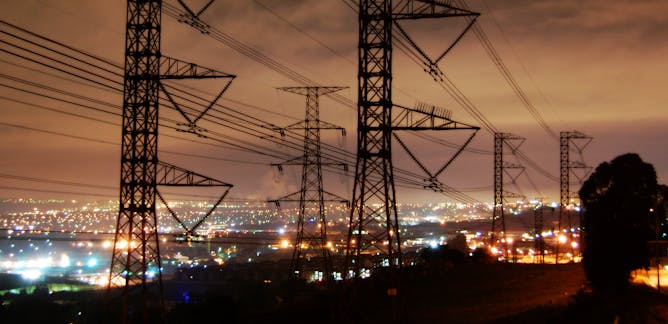
MJ (Thinus) Booysen, Stellenbosch University; Arnold Rix, Stellenbosch University
The ins and out of South Africa’s national power grid and why Eskom keeps tripping the switch.
|
|
|
| |
| |
| |
| |
| |
| |
|
|
|
|
|
|
|